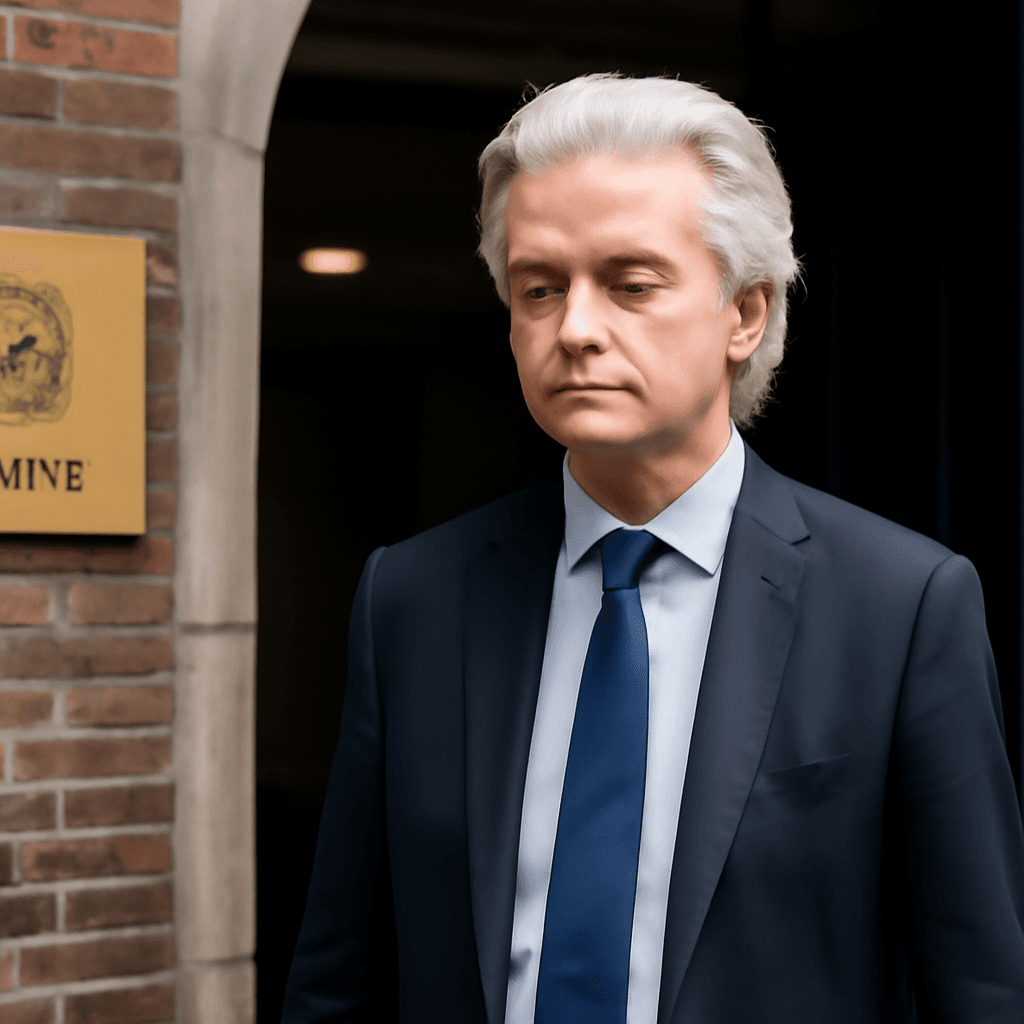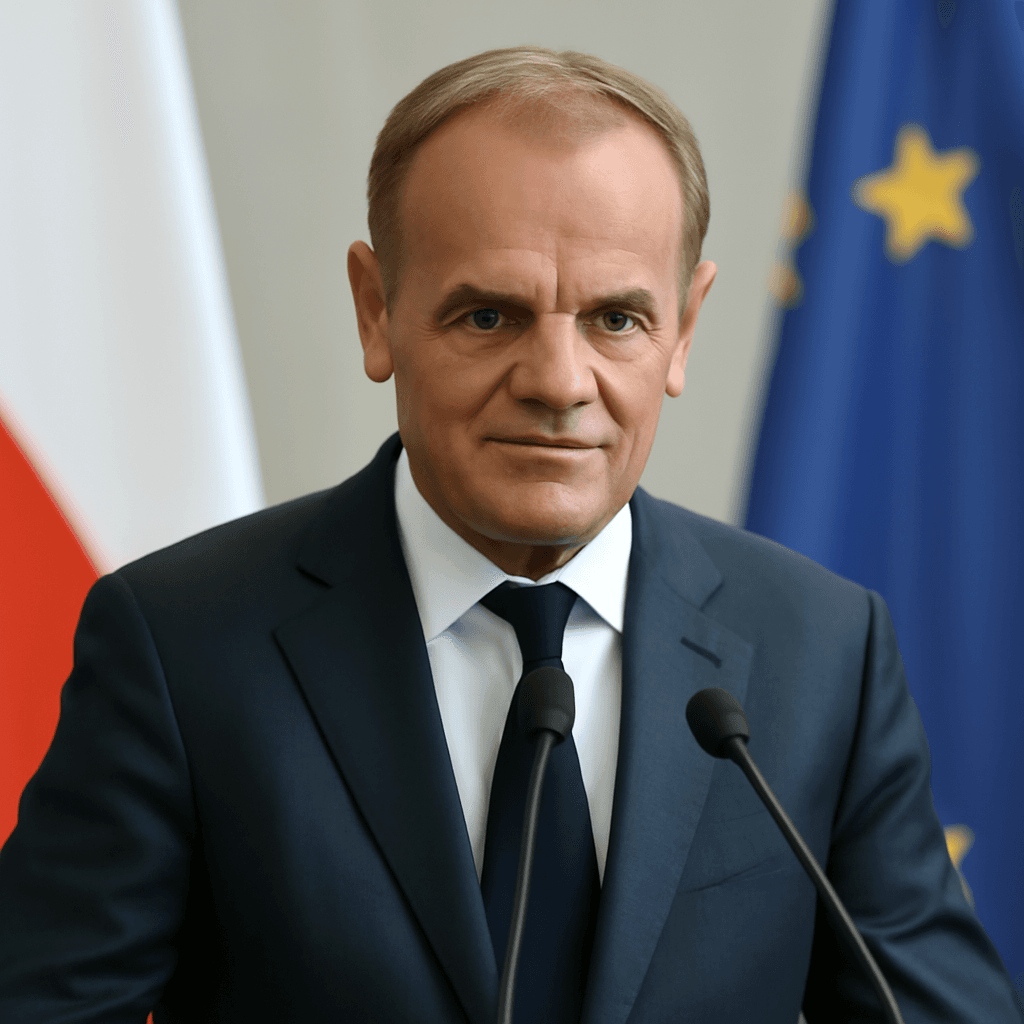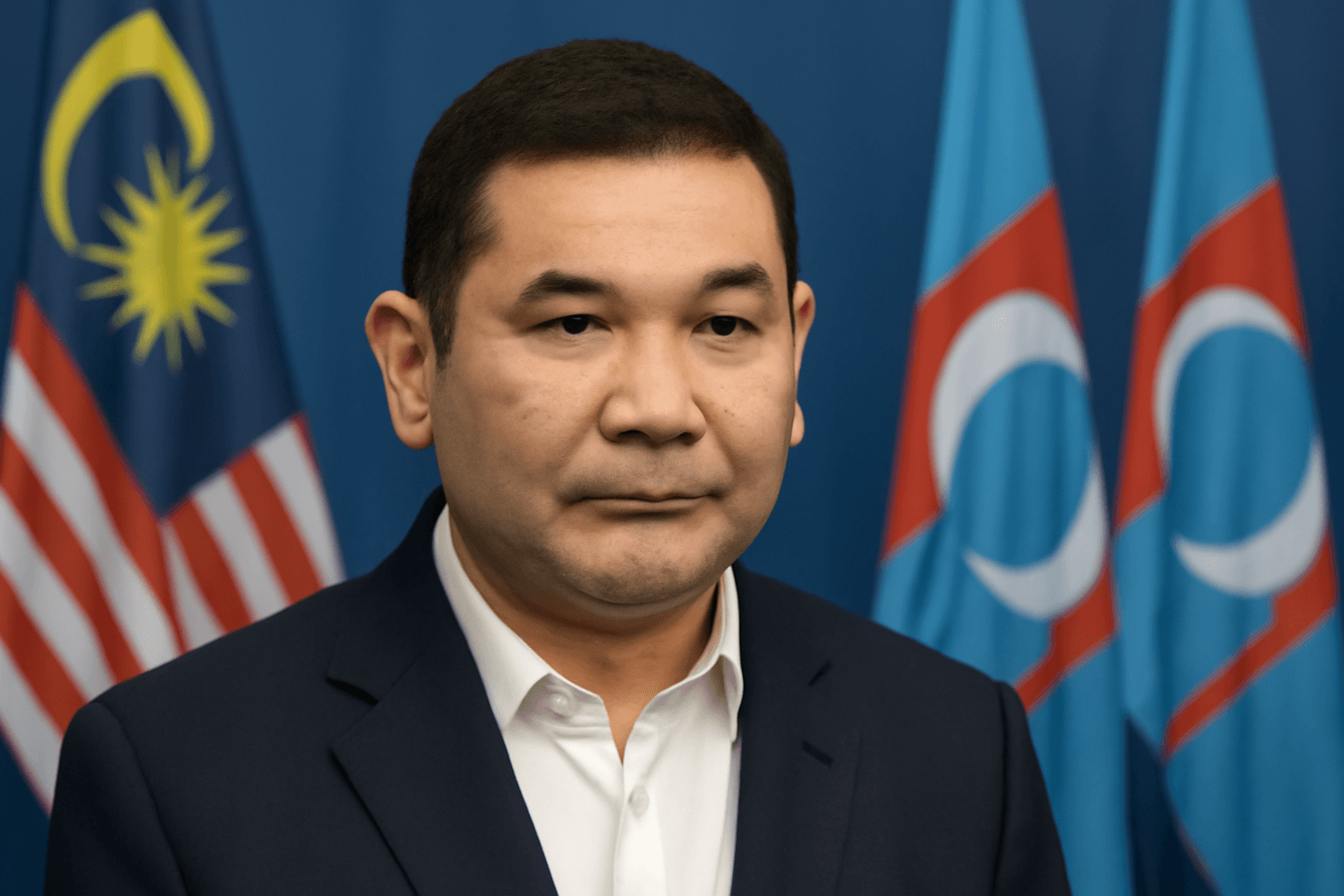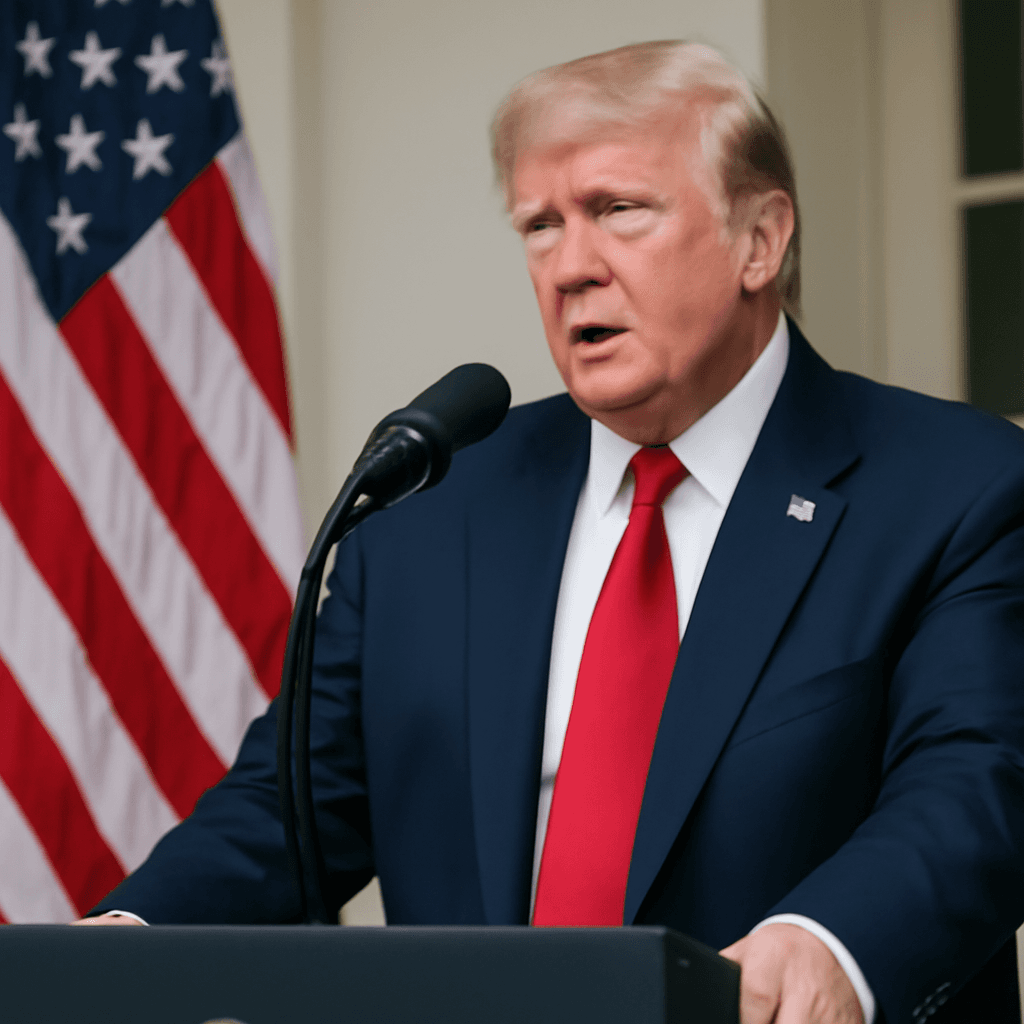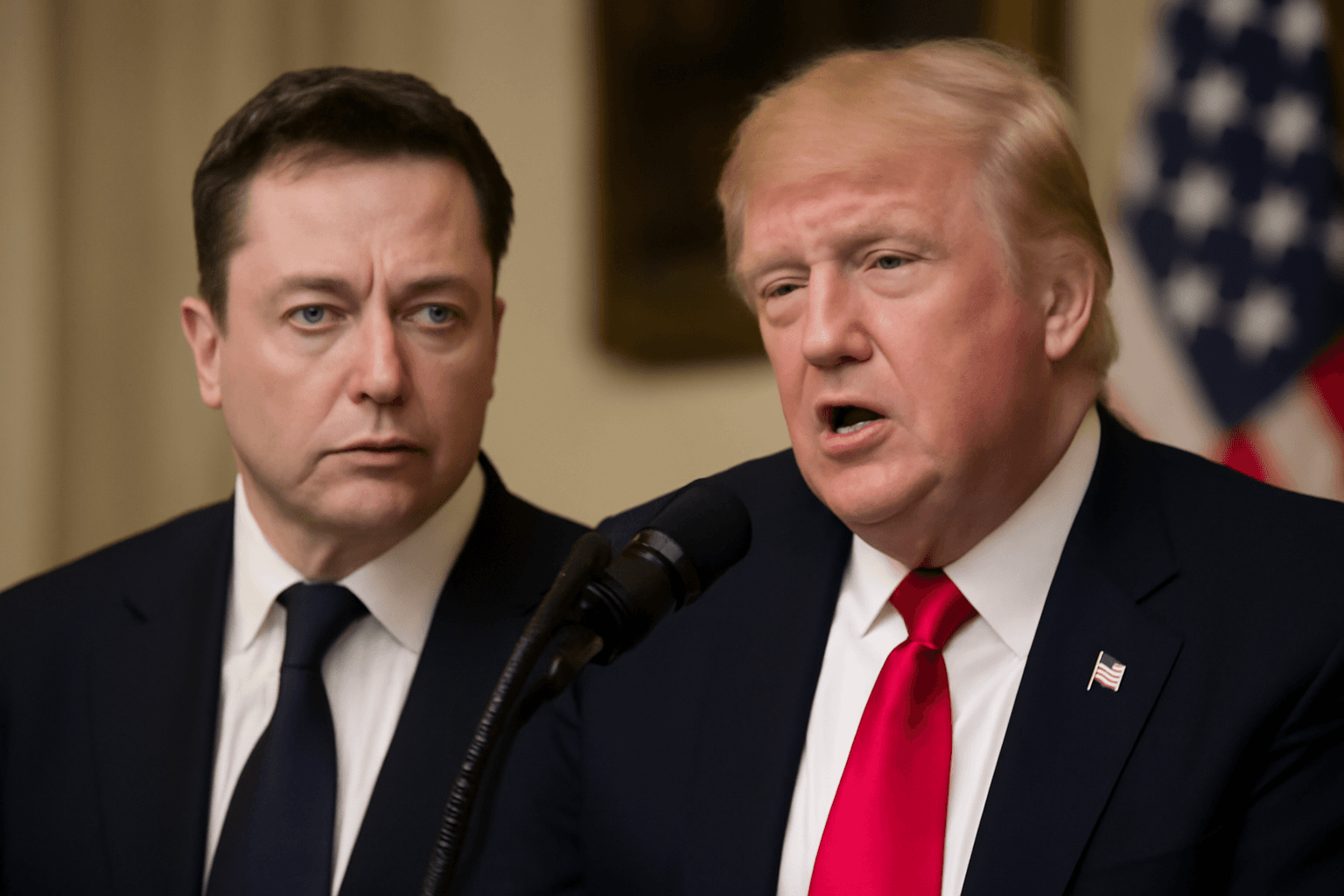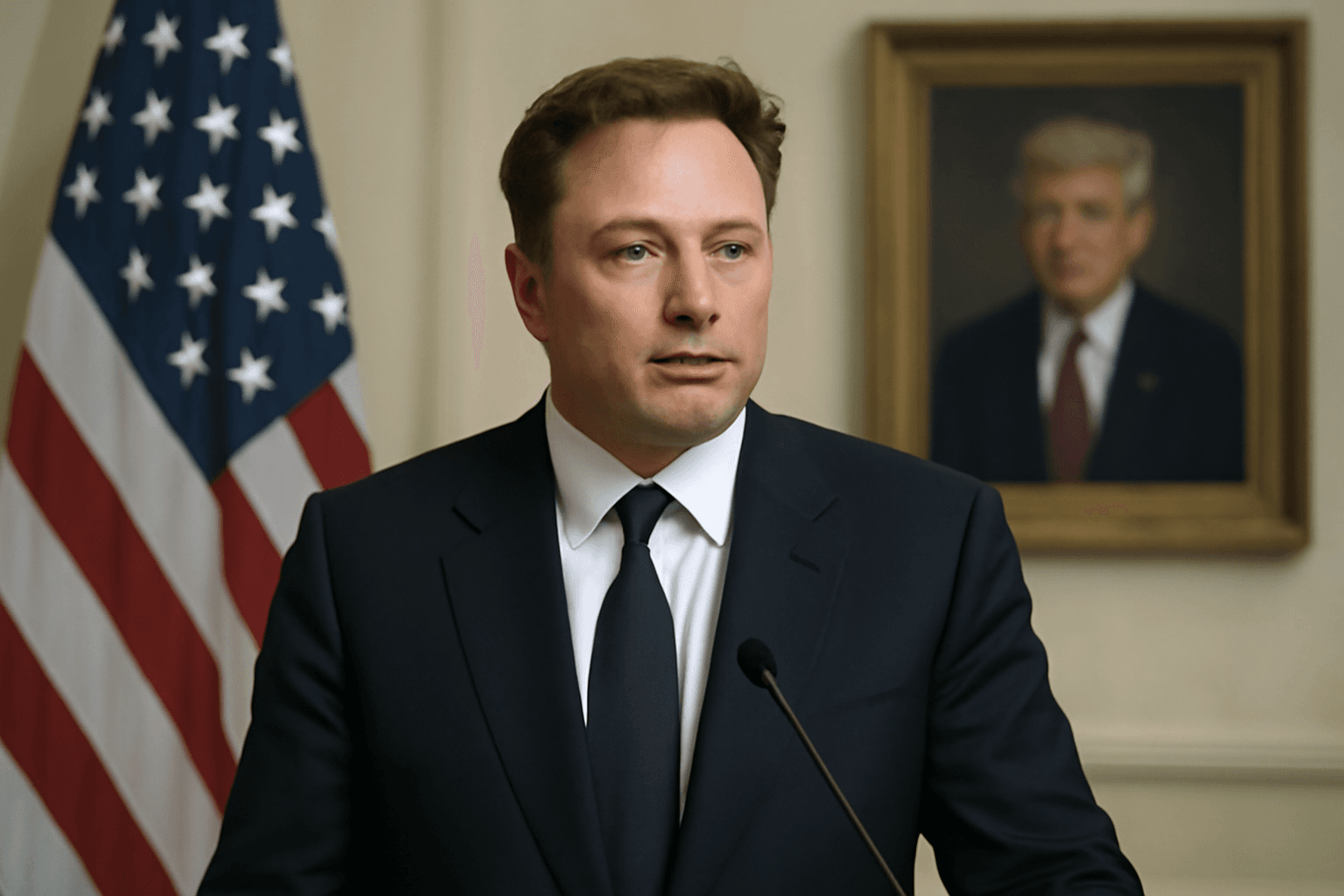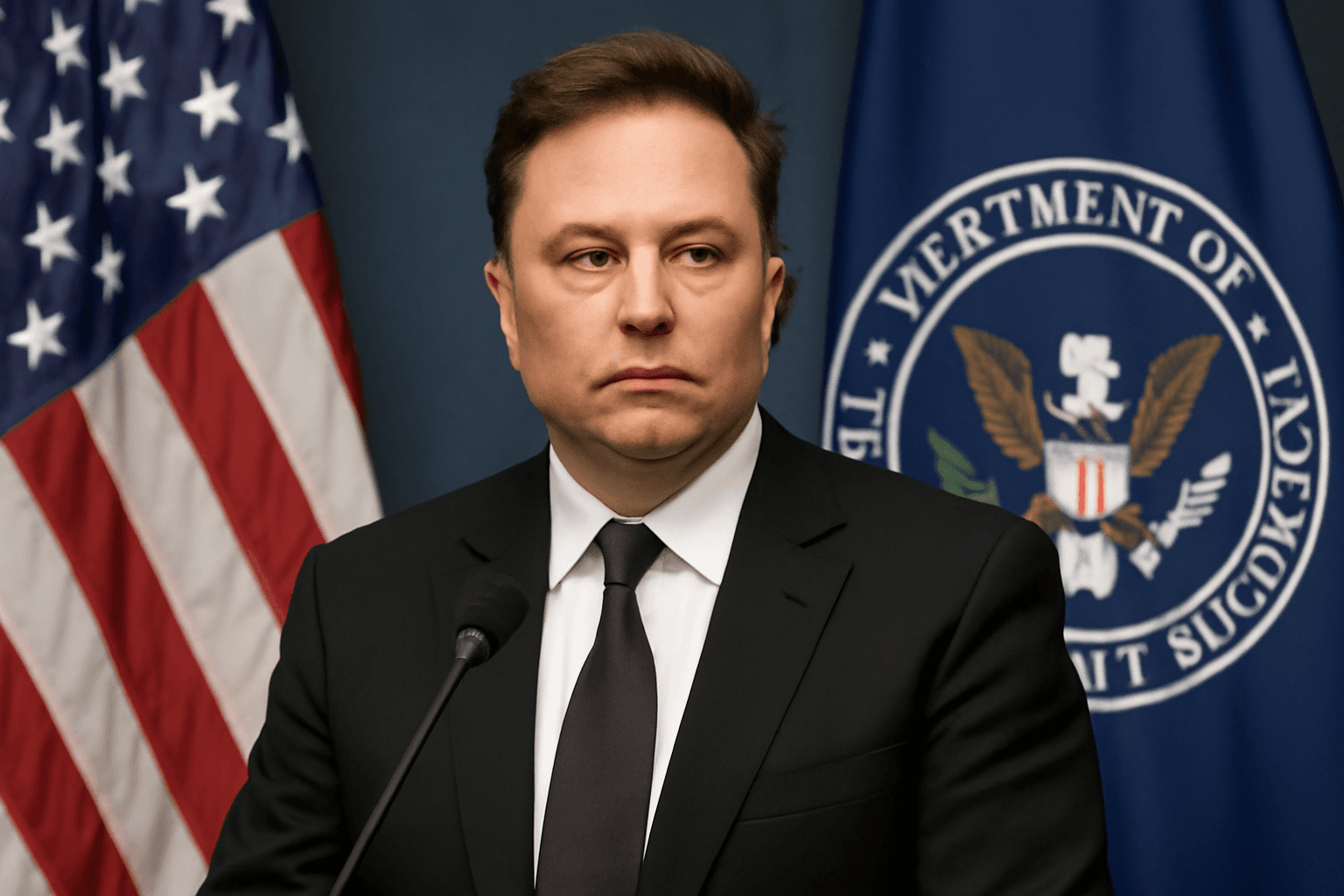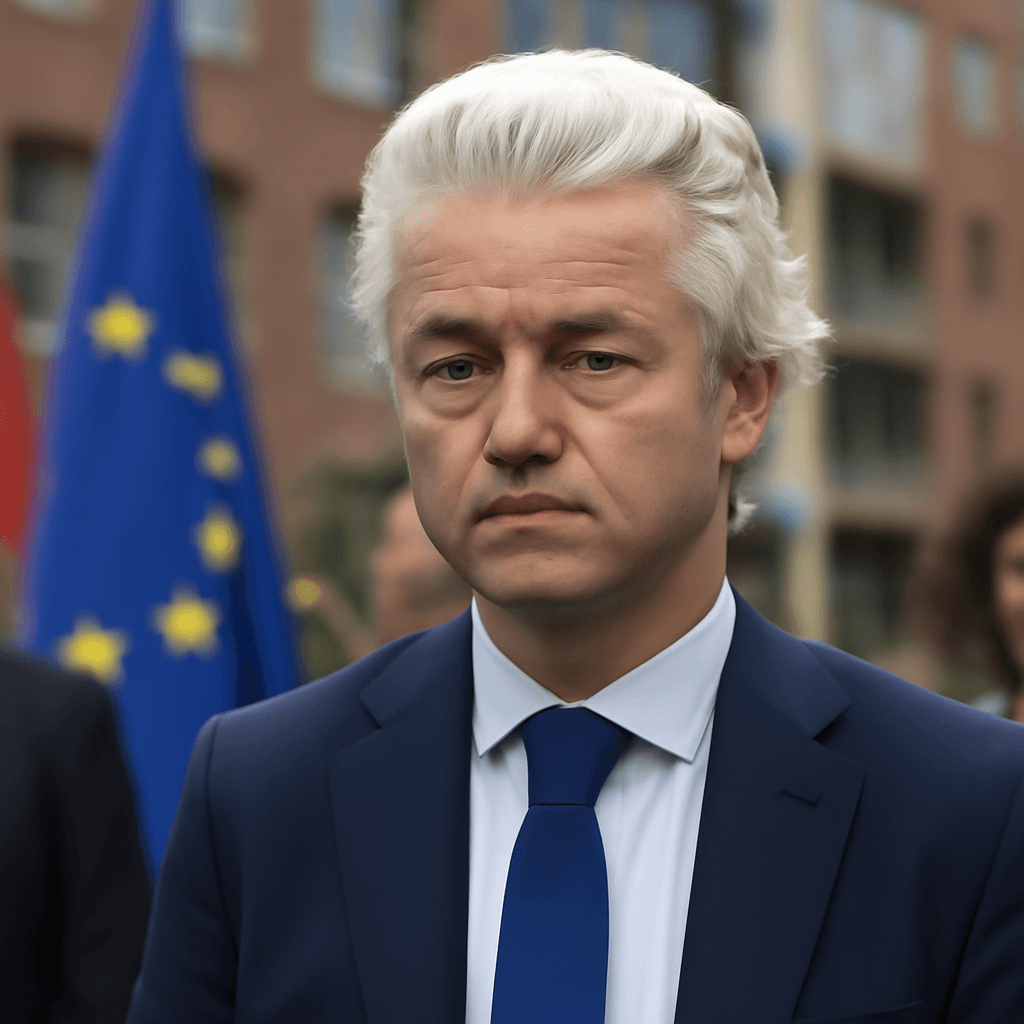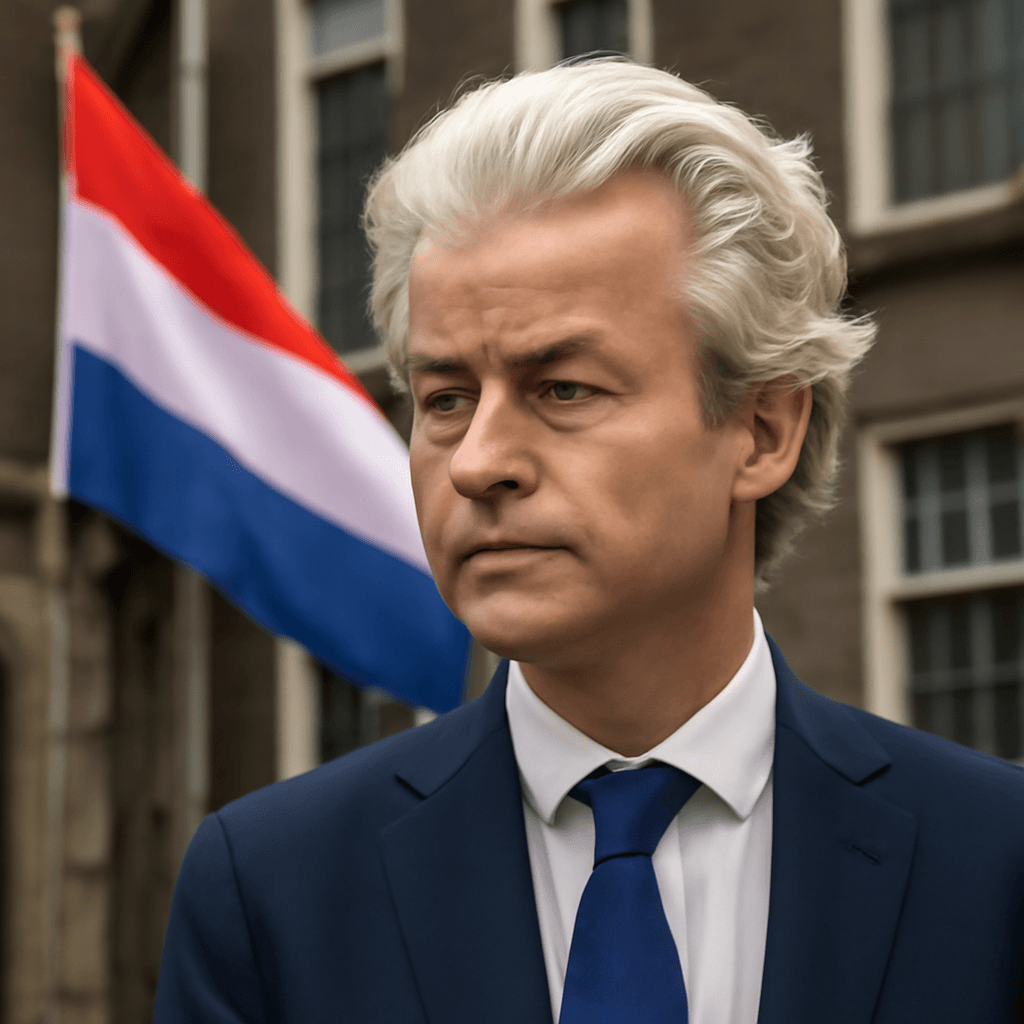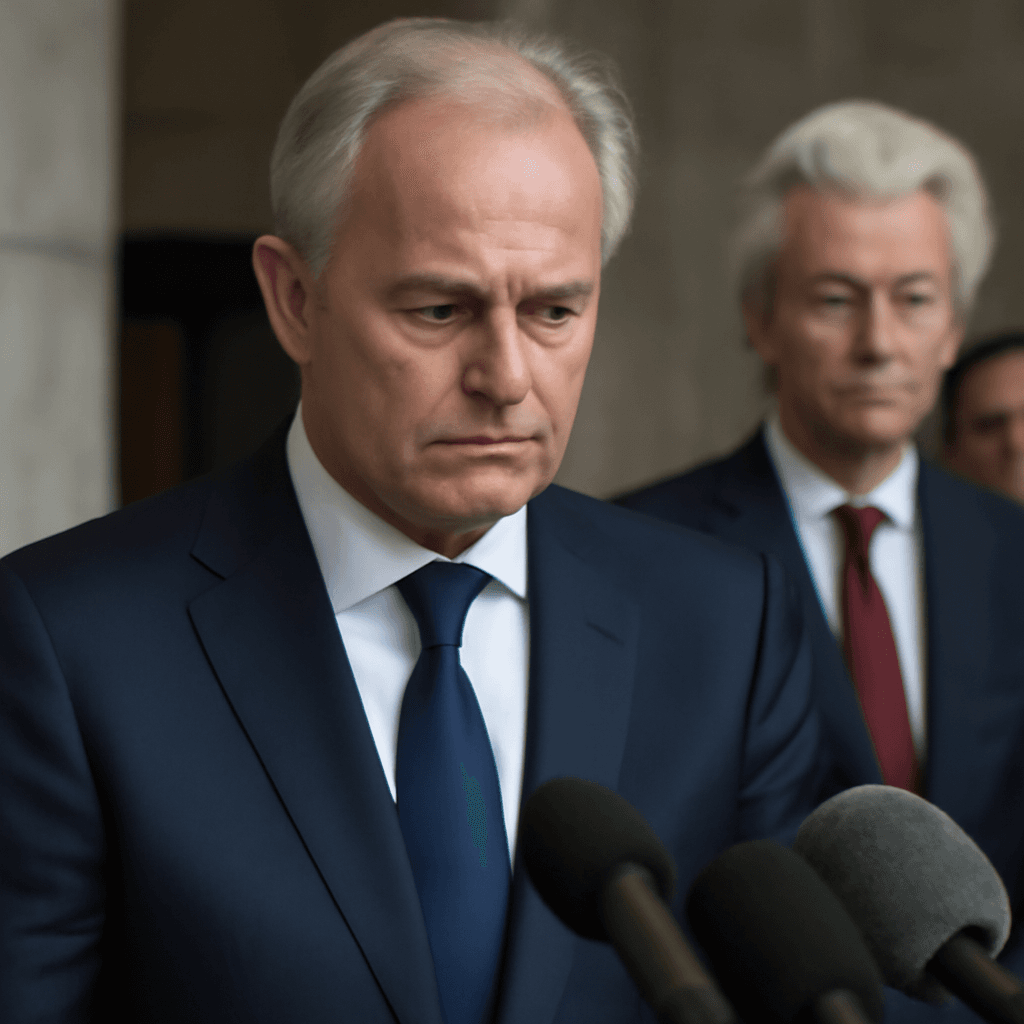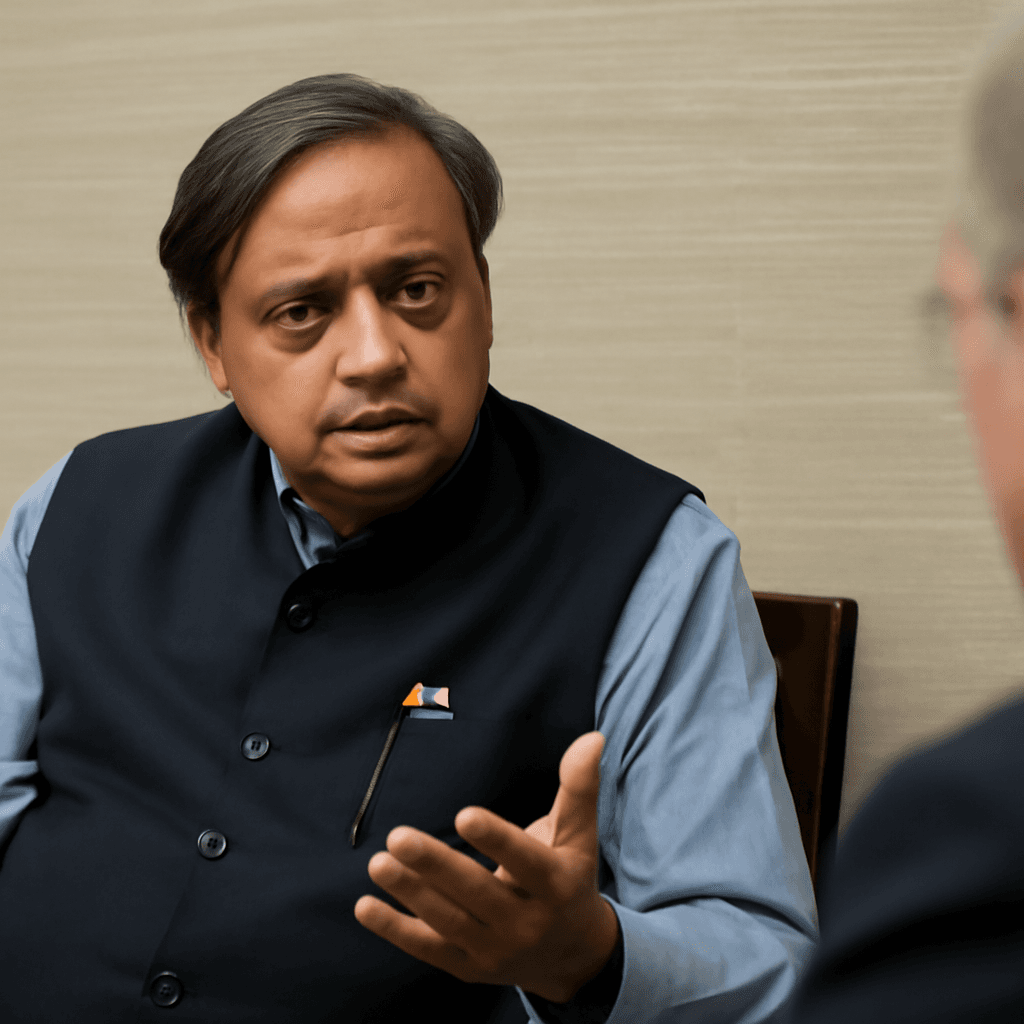Geert Wilders Exits Dutch Governing Coalition Amid Migration Policy Clash
Geert Wilders, the leader of the Dutch far-right Party for Freedom (PVV), announced on Tuesday that his party is leaving the ruling coalition over disagreements related to asylum and migration policies. This development effectively topples the current right-wing government and sets the stage for early elections in the Netherlands.
Key Reason for Departure: Migration Policy
Wilders criticized his coalition partners for their refusal to endorse his immigration proposals, which called for an immediate halt to asylum migration. Last week, he demanded prompt backing for these measures, but the lack of consensus prompted his party's withdrawal from the coalition.
In a brief statement on social media, Wilders declared, "No signature under our asylum plans. The PVV leaves the coalition."
Impact on Dutch Politics and Governance
This unexpected exit disrupts an already fragile coalition that had struggled to maintain unity since its formation in July of the previous year. The move is expected to precipitate new national elections within a few months, intensifying political uncertainty in the eurozone's fifth-largest economy.
- Potential delay in defense spending decisions: The political upheaval is likely to postpone important government decisions, including a possible historic increase in defense expenditure to meet NATO requirements.
- Caretaker government at NATO summit: The Netherlands will be governed by a caretaker administration when it hosts a NATO summit later this month, complicating its role in the discussions on defense targets.
Wilders' Political Standing and the Broader Context
Wilders, known for his anti-Muslim populist stance, had led his party to victory in the last general election. However, his popularity has waned since joining the government, with recent polls indicating that the PVV now competes closely with the Labour/Green alliance, currently the second-largest parliamentary group.
Summary
The departure of the PVV from the ruling coalition highlights the challenges of forming a stable majority in the Netherlands amid polarized views on immigration. The ensuing political developments will significantly influence Dutch domestic policy and its commitments within the international defense framework.

